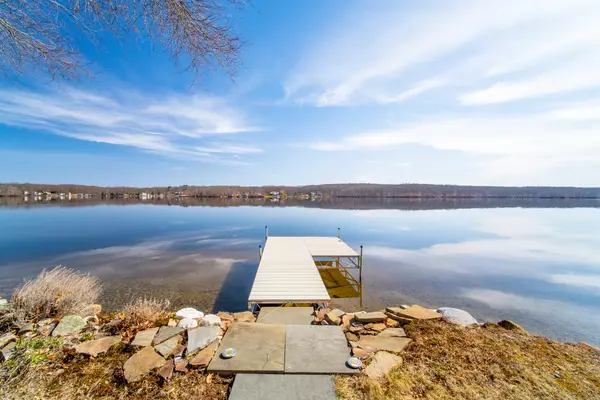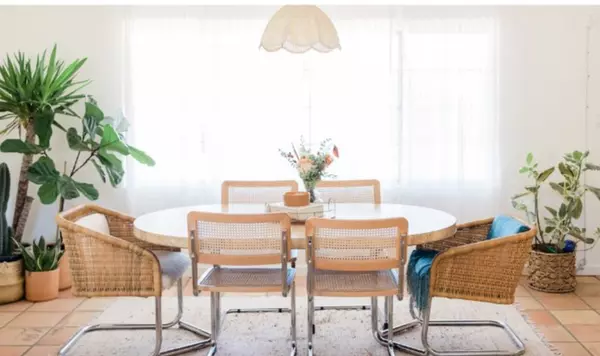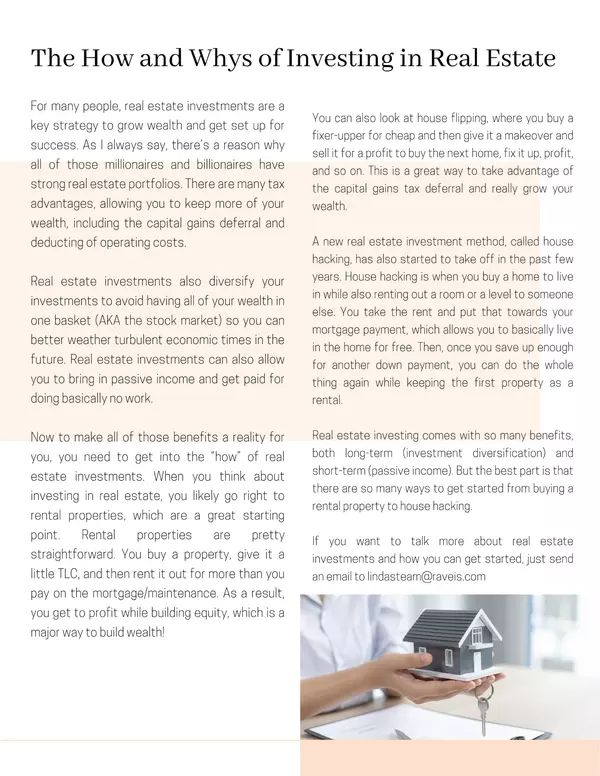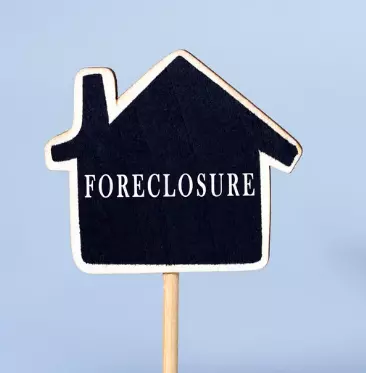
Town of the Week - Chester CT
Chester Chester is a charming, quaint town dating back to its corporation in 1836. It’s an eclectic environment for all to find something to love and is home to artists, museums, and shops, all worth a visit. Many weekends of the year you can find a pop-up event or planned market for visitors and l
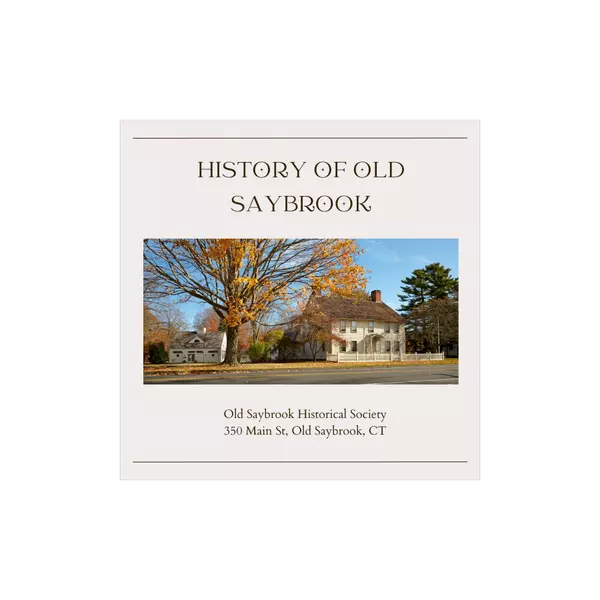
Town of the Week - Old Saybrook
Old Saybrook Old Saybrook, located at the mouth of the Connecticut River, was the home of the peaceful Algonquin Nehantic Indians prior to the European arrival. They farmed in the area and had their own village at Saybrook Point. The name “Old Saybrook” comes from honoring Viscount Seye and Sele and

CAN YOU BUY A HOUSE BEFORE YOU TURN 21?
There’s a general worldview that the younger generations will never be able to achieve homeownership because housing values have outpaced wage growth for decades. This is absolutely true, and we’re not downplaying the seriousness of affordability issues … but, actually, you can become a homeowner
Categories
Recent Posts


